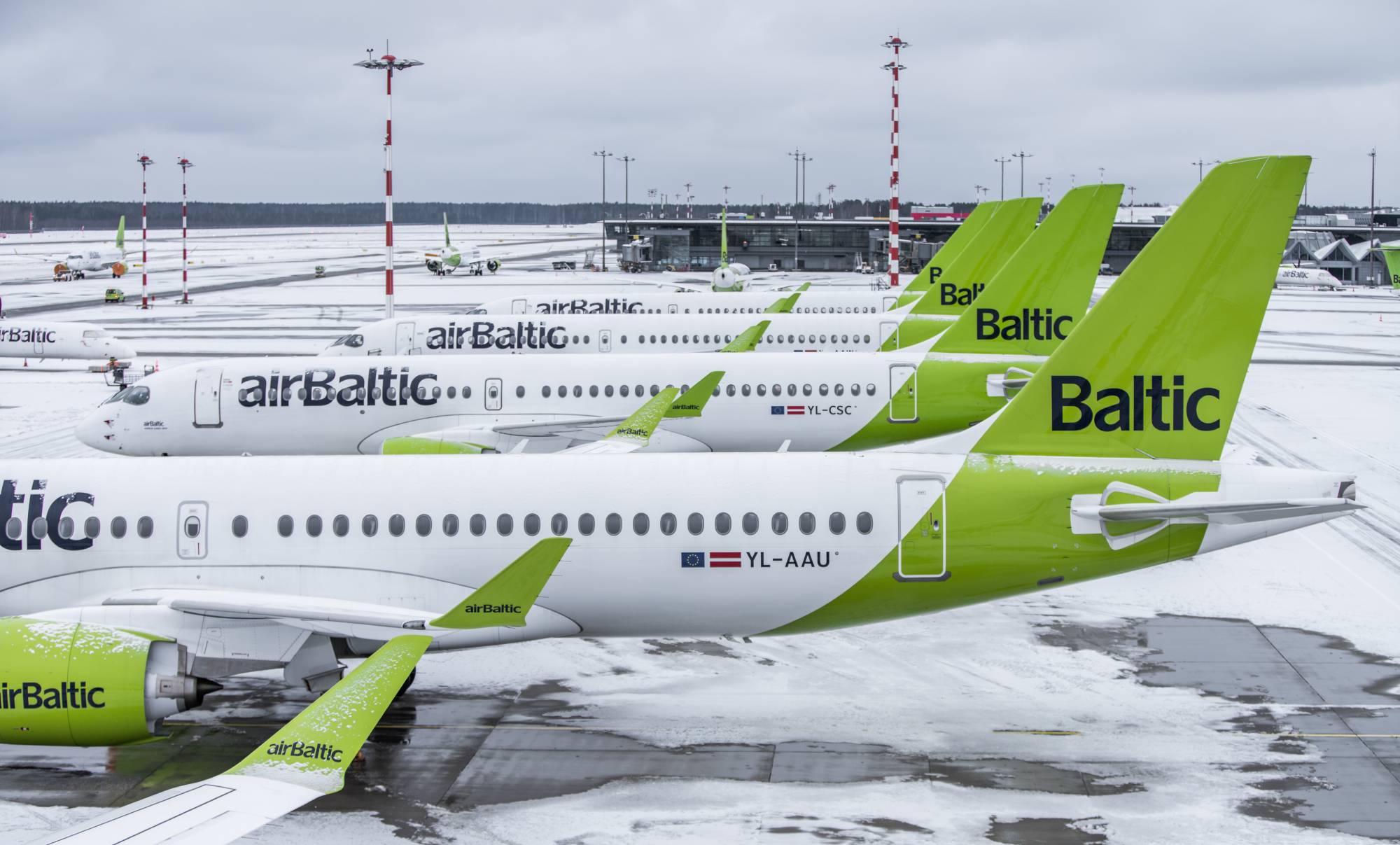Ask Skift: Are Big Cities Becoming More Expensive to Visit?

Skift Take
It seems everything is getting more expensive, and travelers are likely seeing it most when they’re booking trips to big cities. Are big cities becoming more expensive to visit? And why?
We turned to our answer engine, Ask Skift 2.0. The AI chatbot used information that has appeared in our news coverage, and we did additional reporting on the subject.
What Ask Skift said:
The cost of visiting big cities is indeed rising, influenced by a variety of factors that include increased tourist taxes, rising accommodation costs, and heightened demand for services.
In Paris, for example, tourist taxes have more than doubled as the city prepared to host the 2024 Olympics. These increases are evident across all categories of accommodations, from palatial hotels to hostels. Specifically, the tourist tax for palaces jumped from €5 to €14.95 per night, while for one-star hotels, holiday villages, guest rooms, and hostels, it increased from €1 to €2.60 per night.
Additionally, the cost of tourist experiences and services in Paris has also risen, with some tour operators reporting a 20% increase in hotel room rates leading up to the Olympics. Attractions like the Louvre have increased their entrance fees for the first time in eight years, and local tour guides have also raised their service charges by up to 20%.
This trend is not isolated to Paris. Cities globally are experiencing similar pressures, where demand for tourism is pushing prices upward, and cities are leveraging these events to maximize revenue, often at the expense of the traveler’s budget. Such increases in costs can make big cities more expensive to visit, impacting the accessibility of these destinations to a broader range of travelers.
What Else You Need to Know
Barcelona: Officials in Barcelona approved this summer an increase to its tourist tax that went into effect on October 1 from roughly $3.52 (€3.25) to $4.35 (€4). That tax hike followed another increase that hit visitors on April 1.
In addition, Barcelona mayor Jaume Collboni has said the city would substantially raise the tax for cruise passengers visiting for less than 12 hours. However, Collboni hasn’t disclosed how much the roughly $7.60 (€7) tax would be raised. Barcelona welcomed approximately 3.6 million passengers in 2023.
New York City: Fred Dixon, the then-CEO and president of NYC Tourism + Conventions, said in December 2023 that younger budget travelers are putting off trips to New York City because they’re finding it harder to secure affordable accommodation.
Indeed, amid the city’s crackdown on the short-rental industry, hotel rates in New York City have soared. Average daily rates in the city increased were up 5.60% in the first six months of 2024, compared to the previous year. Executive Editor Dennis Schaal wrote despite New York City’s projected 4% increase in visitor numbers this year, there have been concerns some budget-conscious travelers would either stay in the suburbs and commute into the city or skip the Big Apple entirely.
Edinburgh: Scotland’s capital approved a proposal this August called the “Transient Visitor Levy” to charge guests at hotels, short-term rentals, hostels and bed and breakfasts 5% per room night, capped at seven consecutive days, starting in 2026.
Marc Crothall, chief executive of the Scottish Tourism Alliance, said the tax could make Edinburgh more expensive for visitors. The United Kingdom already has a value-added tax rate of 20% that applies to hotel rooms, one of the highest in Europe.
“There are concerns around the future total price point to the customer and what impact this might have on future bookings, especially by our domestic visitors when there are already signs of decline in bookings from this market due to the UK cost of living crisis still biting,” Crothall said.





